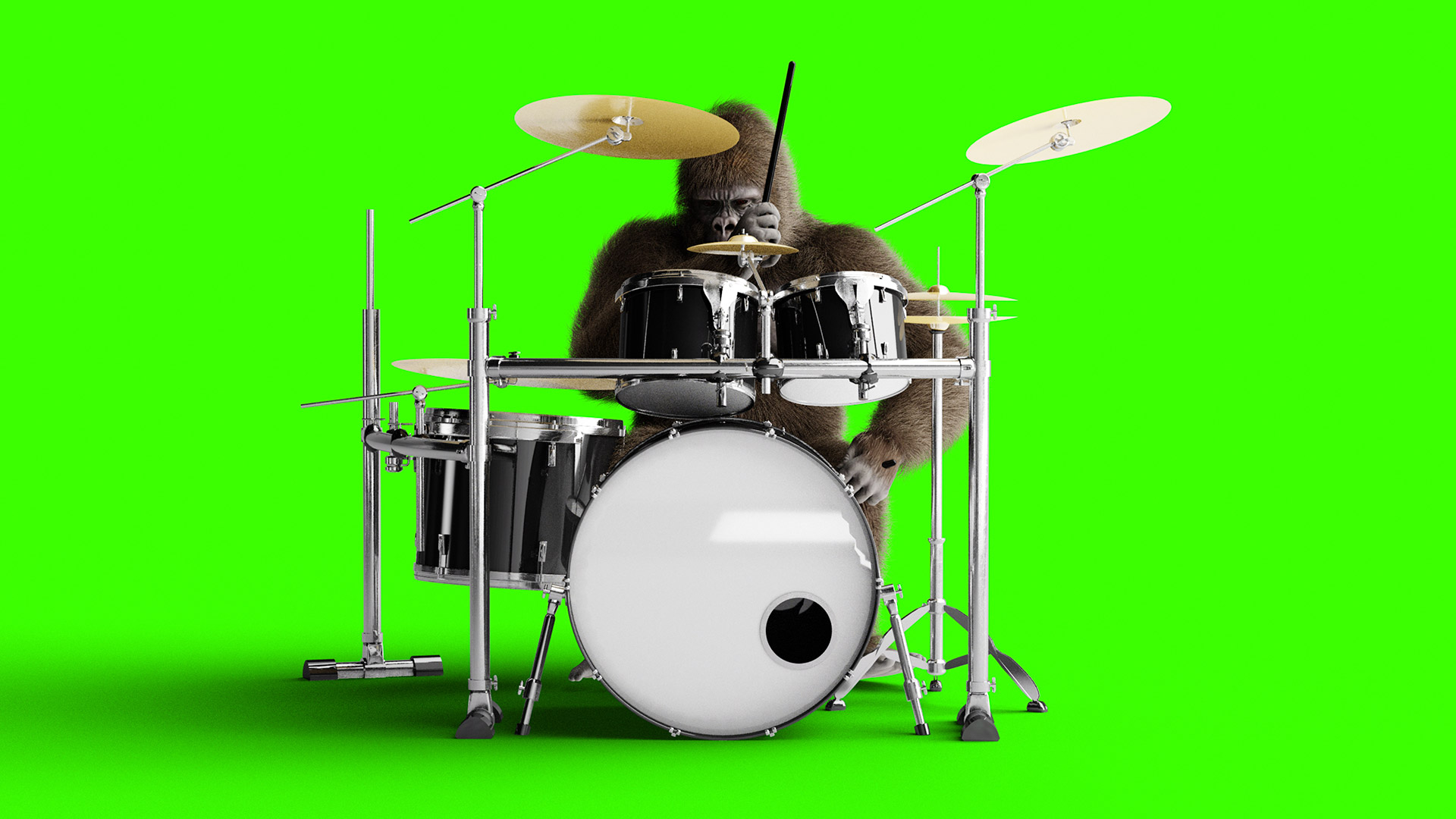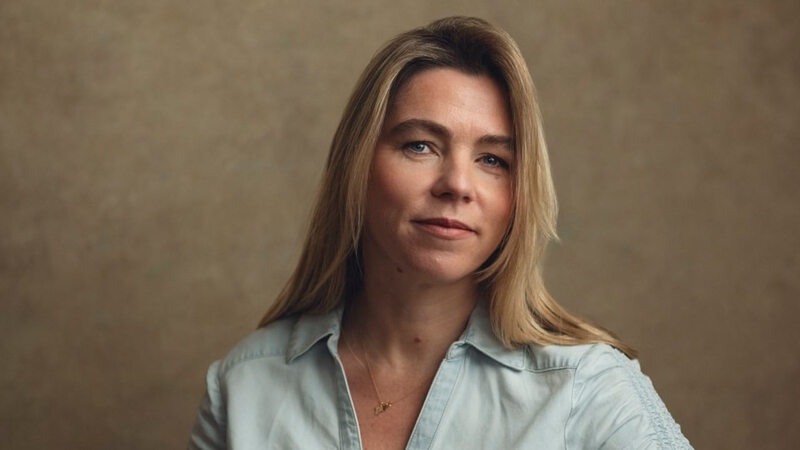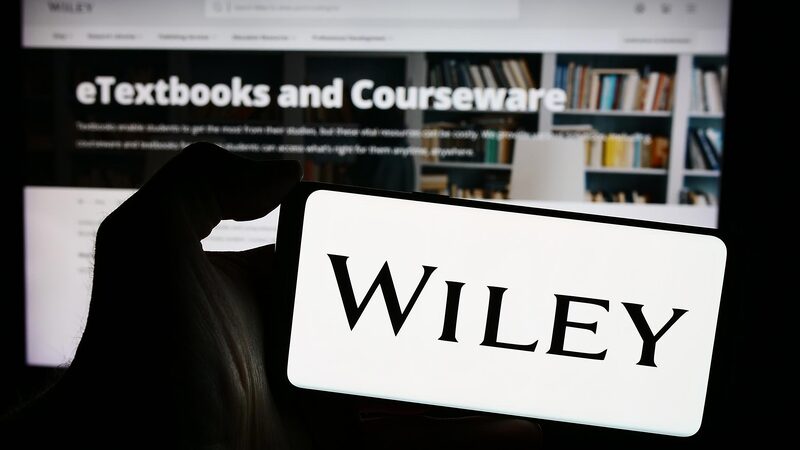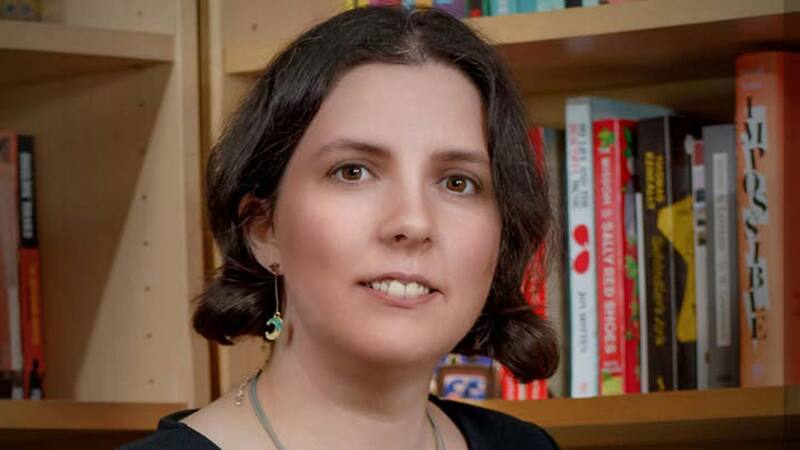You are viewing your 1 free article this month. Login to read more articles.
Who will bang the drum?
Is it time for a clever campaign to drum up support for the true value of books?
Books, glorious books. One of life’s little luxuries. The overseas adventure that British Airways can’t cancel. The further education the government can’t defund. The snapshot of what’s possible if we can just get past these godawful years of Covid, corruption and cost of living crises.
Books are invaluable. But what are they worth? How much are we willing to pay for them? The recommended retail price is slowly going up. The £8.99 that for years was printed on the back cover of fiction paperbacks is increasingly becoming £9.99. The £6.99 on children’s paperbacks is now £7.99. Yet these prices are rarely what people hand over at the till. The supermarkets, The Works, Amazon, WH Smiths and Waterstones all offer new release titles at well below the RRP.
That’s great for affordability but a potential problem for the future of books. Cost doesn’t just determine short-term sales, it sets expectations for long-term value. And at the moment we’re telling readers that these works of art, these heirlooms passed down through generations, these cultural icons, are worth the same as a few bars of chocolate. Which brings me to a drum fill, a man in a gorilla suit and a purple recording studio.
In 2007, Dairy Milk was in a battle with Galaxy for the affections of the UK confectionery market. Following a salmonella scare, Dairy Milk’s reputation had taken a fall and this former little luxury was now in a price war with Galaxy. Sales were slowly increasing but profits were still down. Even worse, their reputation wasn’t recovering. The salmonella scare may have been forgotten but the previously premium Dairy Milk was now seen as a cheap and cheerful option, no different from any other chocolate on the shelves.
Cadbury’s management decided enough was enough. They needed to stop battling on price and get people to fall in love with Dairy Milk again. So they gave their advertising agency, Fallon London, the most concise of briefs - to convince people that “Eating Cadbury’s chocolate makes you feel good”. The drumming gorilla was born and the rest is a pint and a half of history.
Today, Tesco’s sells a small bar of Dairy Milk for 60p. For £5 you could indulge yourself for a week. Or you could push your trolley down the aisle and pick up the latest book from Sarah Winman, Anne Cleeves or Wilbur Smith. A book that will last you a lifetime for the price of a few bars of chocolate. A bargain. But is that all that these authors’ years of creativity, craft, effort and expertise is worth? To be fair, that’s double the value The Works attribute to recent bestsellers. They’ve slapped a £2.50 sticker on Christy Lefteri’s Songbirds, a beautiful, courageous story of an immigrant’s love, loss and redemption.
The downside of these price wars is that the majority of professional authors earn below the minimum wage, independent bookshops are fighting the retail giants with both hands tied behind their backs, and books are being devalued.
How did books become a commodity no different from chocolate? Actually, scrap that. They are seen differently. Chocolate is priced to make a profit. Books are a loss-leading marketing exercise to get customers through the door. How did we come to place so little value on these machines of empathy?
The Net Book Agreement stood from 1899 to 1997 and allowed publishers to set the retail price of books and prevent them from being discounted. But the Office of Fair Trading deemed that this was against the public interest and opened publishing up to the supposed sunlit uplands of the free-market. The price, and value, of books would be determined in the same way as that of bleach, plastic forks and yes, chocolate. The price-fixing cartel of the publishers was replaced by the price-fixing cartel of the retail giants.
As I said earlier, the upside of prices being slashed is that books become more affordable. Owning books has been shown to positively impact children’s academic growth and job attainment. We want people to be able to buy them. Libraries are, of course, essential services, but it’s owning books, growing up in a house filled with them, that makes the difference. And when every penny matters, when the choice for many is between food and heating, an £8.99 book isn’t affordable. A £5 book may be. An occasional £2.50 book will be.
The downside of these price wars is that the majority of professional authors earn below the minimum wage, independent bookshops are fighting the retail giants with both hands tied behind their backs, and books are being devalued.
When the UK creative industries contribute £115bn or 5.9% of the value of the UK economy a year, you’d think that even this most cretinous of governments would see the benefits of books. But instead they defund English Literature degrees and libraries. And in doing so they tell us that books aren’t worth the paper they’re printed on. That the paper is a more valuable commodity than the words written upon it, than the culture created, the history documented, the ideas generated.
I don’t know how we balance making books affordable to all with paying authors what they deserve, or even just the minimum wage. But I know that if we don’t, writing will go back to being purely the preserve of the upper classes, of those that have no need to earn a living. And we will all be the worse for it.
I don’t know how independent bookshops can compete with the supermarkets when they sell books for less than we can buy them. But I know that if we don’t, many great pieces of art will be lost and many moments of joy will be undiscovered, as what’s on the shelves becomes determined purely by the profit margin. And we will all be the worse for it.
I don’t have the answers I’m afraid. But we all need to start addressing the question - what is a book worth? Maybe it’s time to get a man in a monkey suit to bang their drum.



















